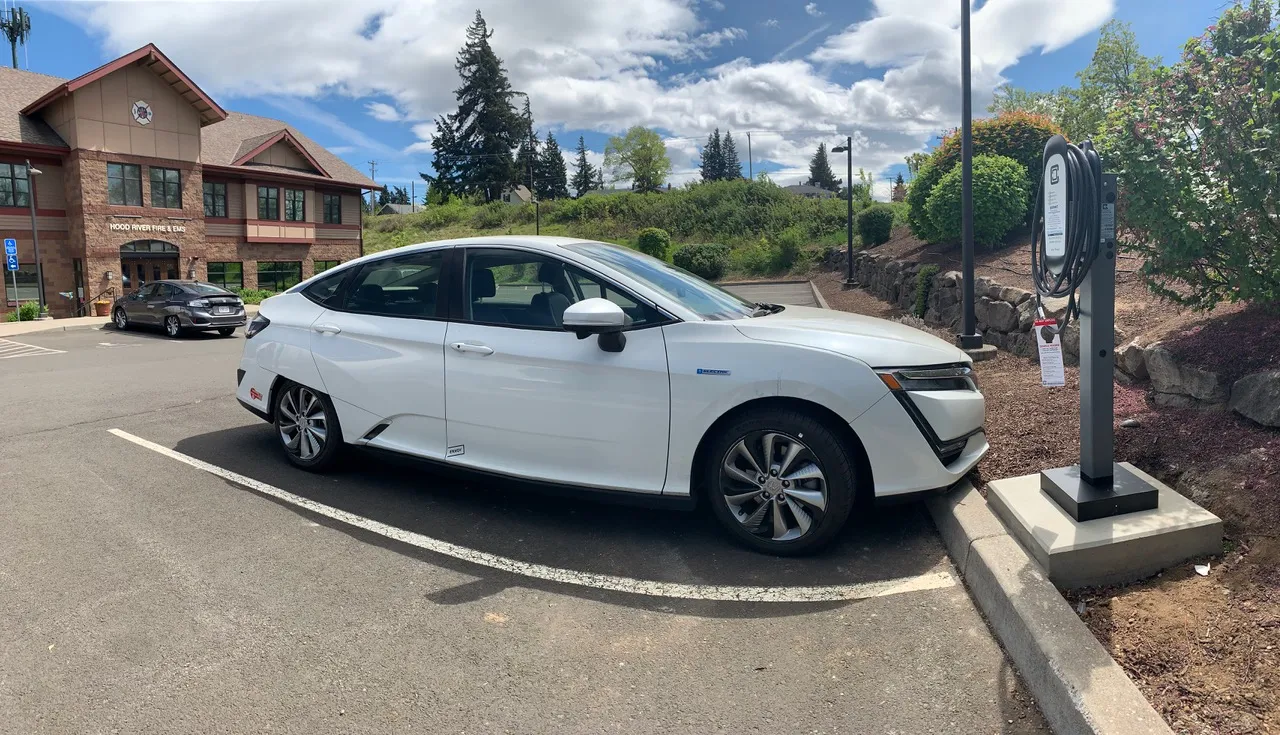Wellington City Council in New Zealand is to install 15 electric vehicle (EV) chargers in residential areas in a bid to lower transport emissions.
The council is hoping that the move will enable people who do not have off-street parking and are unable to charge their vehicle at home to buy and operate an EV.
Chris Calvi-Freeman, the council’s transport portfolio leader, says: “Road transport currently contributes 38% of the city’s emissions. We want to help Wellingtonians to make good, environmentally friendly choices by making charging facilities available to those who could not otherwise access them.”
The initiative is part of a two-year pilot that will assess whether there is demand for slow charging in the residential streets of Wellington.
The council is working with ChargeNet NZ to begin installing the chargers before July.
Justin Lester, mayor of Wellington, says providing residential charging stations will mean EVs could be a practical option for drivers wanting to make the switch to electric.
The chargers are generally located in areas with little off-street parking such as Rodney Street, Holloway Road and Manchester Street, which is located near Wellington Zoo.
As part of the project, the council will work with residents to identify a further ten charging locations.
Wellington council to install 15 EV chargers in residential areas
Wellington City Council in New Zealand is to install 15 electric vehicle (EV) chargers in residential areas in a bid to lower transport emissions.
The council is hoping that the move will enable people who do not have off-street parking and are unable to charge their vehicle at home to buy and operate an EV.
Chris Calvi-Freeman, the council’s transport portfolio leader, says: “Road transport currently contributes 38% of the city’s emissions. We want to help Wellingtonians to make good, environmental
April 5, 2019
Read time: 2 mins









